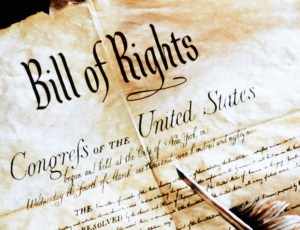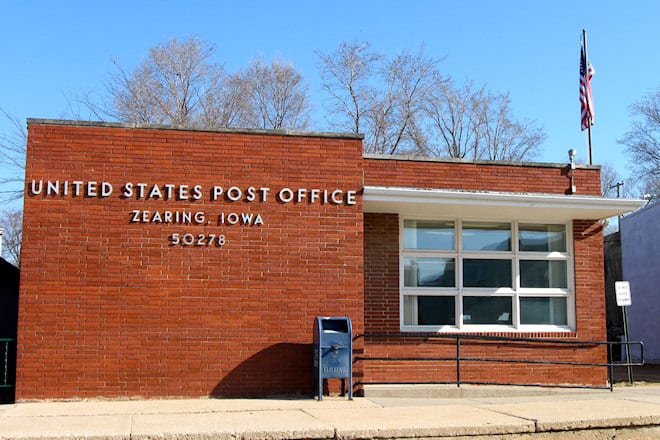Dec. 15 marks 220 years from the day the Bill of Rights became part of the Constitution, establishing that the rights and voices of “We the People” are the heart of American democracy. On Sept. 17, 1787, the 39 delegates to the Constitutional Convention signed the document they created that combined the ideals of the Declaration of Independence with the Articles of Confederation to create the practical workings of the United States government.
Articles I, II and III of the United States Constitution set forth the three branches of the federal government: the Legislature/Congress (Article I), the Executive/President (Article II) and the Judiciary/Courts (Article III).
But the historic phenomenon of the U.S. Constitution is the Bill of Rights, the first 10 Amendments to the Constitution. The Constitution set forth the powers of the federal and state governments, but many thought that individual rights required specific description and protection. So the ratification of the Bill of Rights in December 1791 was a precondition for many states agreeing to approve the Constitution.
The First Amendment deals with religion and expression. The Second Amendment deals with the right to bear arms. The Fourth, Fifth, Sixth and Eighth Amendments pertain to the criminal justice system. The Third, quartering of soldiers; the Seventh, right to trial by jury in civil matters; and Ninth, rights retained by the people. The Tenth Amendment reserves to the states any power that is not specifically given to the federal government or specifically denied to the states.
The Bill of Rights has been expanded to 27 amendments. Only 17 have been enacted since 1791. Three of these dealt with the end of slavery; one gave women the right to vote; one lowered the voting age to 18; and two of them concerned society’s relationship with alcoholic beverages (prohibition and repeal of prohibition). This demonstrates the seriousness in which we consider amending the Constitution.
The problem we face now is that the Supreme Court, on Jan. 21, 2010, interpreted the Constitution to extend the First Amendment rights of real people to corporations. Citizens United v. Federal Election Commission ruled that corporations can spend unlimited amounts of money on elections.
Congress cannot overturn a court decision based on the Constitution and directly limit corporate political expenditures. But there are actions that Congress can take, such as public financing for federal elections that will give candidates the means to respond to unlimited corporate election spending and protections for shareholders so that corporate funds cannot be spent on political campaigns without the consent of the real owners of the corporations. Senator Richard Blumenthal is a co-sponsor of a joint Senate/House Shareholders Protection Act, which requires corporations to obtain corporate shareholder approval before spending/contributing money to campaigns and notify the public and the SEC how the money is being spent.
Only a constitutional amendment can remedy the underlying situation. The proposals that are circulating are the beginning of what needs to be a thoughtful public discussion to determine the best language to constitutionally protect real people’s right to speak freely and to protect the press from government censorship, while making clear that these rights do not extend to corporations’ speech.
Public financing of elections, a shareholder protection act and a constitutional amendment go together as a package response to rein in the excessive influence that unrestricted, massive corporate expenditures exert. A constitutional amendment offers the long-term solution to address the other damaging effects on society of treating corporations as people.
On Jan. 21, 2012 — the two-year anniversary of Citizens United — as a part of Nationwide Day of Action to overturn Citizens United, Public Citizen, Common Cause and other groups are working with local activists to demand a constitutional amendment that overturns Citizens United and curtail corporate dominance over elections.
To find out more and be a part of this movement, go to www.democracyisforpeople.org.
So happy birthday to the Bill of Rights, the most civilizing document of human history. To really celebrate, get active!
Charlene LaVoie is the community lawyer in Winsted. Her office is funded by the Shafeek Nader Trust for the Community Interest.




